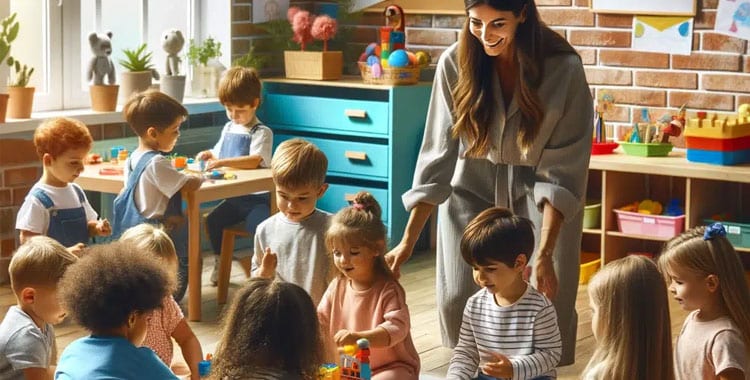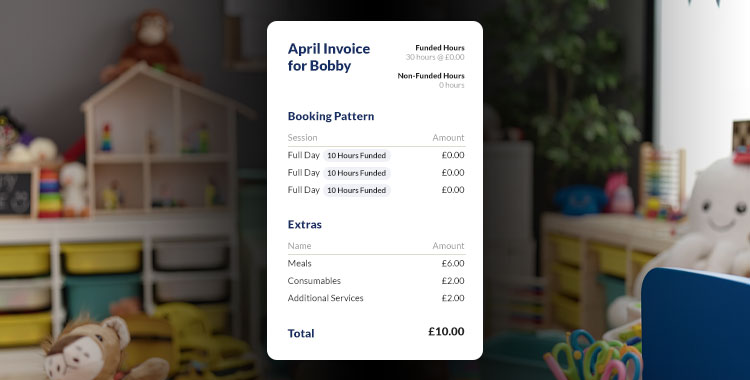Why Learning Based Play Matters
In the fast-evolving landscape of education, integrating play-based learning into the curriculum isn’t just a trend; it’s a research-backed strategy. It taps into children’s natural curiosity, making learning joyous and engaging. This approach fosters critical thinking, creativity, and social skills, preparing children not just academically but for life’s broader challenges.
The Building Blocks of Play-Based Learning
Cognitive and Social Skills
Through play, children develop problem-solving abilities and learn social interaction in a natural setting.
Motivation and Engagement
Playful activities increase children’s interest in learning subjects, making education more effective and enjoyable.
Crafting Playful Learning Experiences
Blending Fun with Education
Educators can create learning modules that intertwine play with educational goals, like storytelling in literacy or games in maths.
Environment Matters
Designing classrooms that inspire play and creativity is crucial. It’s about creating spaces that spark curiosity and learning through exploration.
The Educator’s Role: From Directors to Facilitators
Guidance Within Freedom
While children explore through play, educators guide the learning process subtly, ensuring educational objectives are met.
Observation and Adaptation
Assessing children’s development through play activities helps tailor teaching methods to individual needs.
Challenges in Implementation
Striking the Right Balance
Ensuring that play-based activities align with curriculum goals can be challenging, but is crucial for effective learning.
Resource Allocation
Appropriate resources and training for educators are essential to implement play-based learning successfully.
Engaging Families in Play-Based Learning
Extending Learning Beyond the Classroom
Encouraging play-based activities at home strengthens the learning process and builds a bridge between school and home.
Parental Education and Involvement
Keeping parents informed about the benefits and methods of play-based learning fosters a supportive home environment.
Conclusion: A Playful Path to Future-Ready Learners
Integrating play-based learning into the curriculum is more than just adding fun elements; it’s about creating a holistic educational experience. This approach prepares children for academic success and life, making them agile learners and creative thinkers.

Hannah
Marketing Manager




